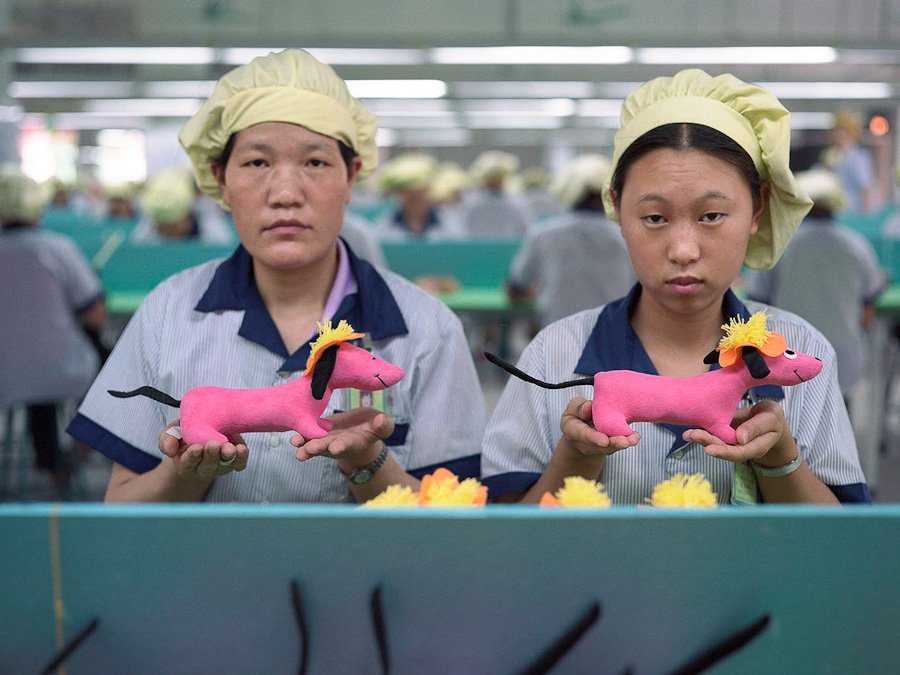Outsourcing has traditionally meant jobs moving outside of a country, but more and more it will mean they move outside the species. Increasing automation will likely put more stress on workers, though no one can surely say how much, as nobody knows precisely when driverless cars or delivery drones or robot bellhops will reach critical mass. President Obama addressed the issue, if briefly, in his last State of the Union:
Anyone claiming that America’s economy is in decline is peddling fiction. What is true — and the reason that a lot of Americans feel anxious — is that the economy has been changing in profound ways, changes that started long before the Great Recession hit and haven’t let up. Today, technology doesn’t just replace jobs on the assembly line, but any job where work can be automated. Companies in a global economy can locate anywhere, and face tougher competition. As a result, workers have less leverage for a raise. Companies have less loyalty to their communities. And more and more wealth and income is concentrated at the very top.
All these trends have squeezed workers, even when they have jobs; even when the economy is growing. It’s made it harder for a hardworking family to pull itself out of poverty, harder for young people to start on their careers, and tougher for workers to retire when they want to. And although none of these trends are unique to America, they do offend our uniquely American belief that everybody who works hard should get a fair shot.•
Most of the focus in this sadly nativist American political season hasn’t been on looming technological unemployment but on blaming and bashing other countries, chiefly China. It’s not that trade deals don’t matter–of course they do–but part of our declining manufacturing base has to do with emerging economies simply becoming more competitive by developing sophisticated systems and taking dicey shortcuts (terrible air pollution, sky-high cancer rates, dangerous work conditions, etc.) that we wouldn’t accept.
From a post by Neil Irwin at the New York Times “Upshot”:
One study found that Chinese imports from 1999 to 2011 cost up to 2.4 million American jobs.
That said, it’s easy to assign too much of the blame for the collapse of manufacturing employment to China or trade more broadly. Hundreds of millions of workers across the globe — many of whom were in dire poverty a generation ago — have become integrated into the world economy. That’s a lot of competition, all in a short span, for American factory workers.
At the same time, factory technology has advanced so that a company can make more stuff with fewer workers. The number of manufacturing workers in the United States has been declining as a share of all jobs nearly continuously since 1943, and the total number of manufacturing jobs peaked in 1979; China’s trade with the United States didn’t really take off until the 1990s.
In other words, trade has been an important economic force over the last few decades, and the deepening of the United States’ ties with China is one of the most important developments in global economics of the last generation. But to look at China as the sole force affecting the ups and downs of American workers misses the mark.•
Tags: Neil Irwin

